The Age of Exploration
Explore the voyages and discoveries that expanded the known world during the 15th and 16th centuries

In the waning years of the Middle Ages, a new era was dawning—the Age of Exploration. It was a time of great curiosity and ambition, as intrepid explorers set sail across vast oceans to seek new lands, riches, and knowledge. The 15th and 16th centuries witnessed an unprecedented wave of exploration that expanded the known world and forever altered the course of history.
The spark of exploration was ignited by a confluence of factors. The Renaissance, a cultural and intellectual movement that emphasized learning and discovery, kindled a spirit of inquiry. Meanwhile, European nations sought new trade routes to the East, as the Silk Road, which had connected the East and West for centuries, became fraught with political unrest and costly tolls.
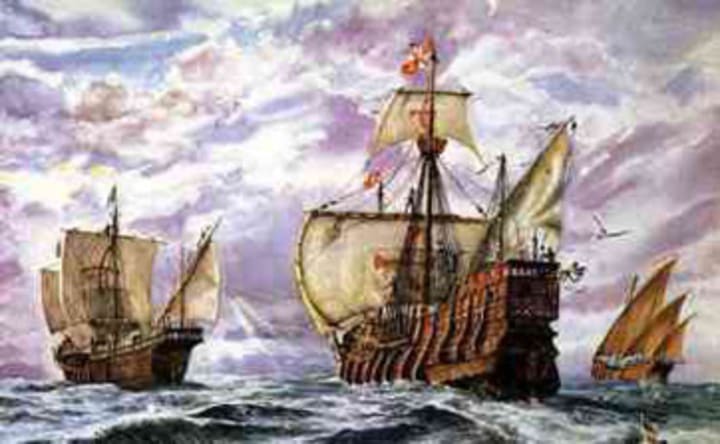
One of the most influential figures of this era was Christopher Columbus, an Italian explorer in the service of Spain. Convinced that he could reach the riches of Asia by sailing westward, Columbus secured funding for his ambitious expedition. On October 12, 1492, he set foot on an island in the Caribbean, believing he had reached the shores of Asia. In reality, he had discovered the "New World" of the Americas.
Columbus's voyages opened the floodgates of exploration. European nations, eager to claim new territories and resources, launched expeditions to chart unknown waters. Spain, Portugal, England, France, and the Netherlands all vied for supremacy in the race for discovery.
Portugal was at the forefront of exploration, thanks to Prince Henry the Navigator, who founded a school of navigation and encouraged voyages along the western coast of Africa. Portuguese explorers, like Vasco da Gama, succeeded in reaching India, opening up lucrative trade routes and connecting Europe to the East.
In the late 15th century, an ambitious explorer from Portugal, Ferdinand Magellan, proposed an audacious plan—to find a westward route to the Spice Islands, also known as the Moluccas. In 1519, Magellan's fleet set sail, and after a treacherous and arduous journey, they reached the Pacific Ocean. Though Magellan did not live to see the completion of the expedition, his crew successfully circumnavigated the globe, proving that the Earth was round.
Meanwhile, the Spanish conquistadors embarked on expeditions to the Americas, driven by the lure of gold, glory, and the spread of Christianity. Hernán Cortés led the expedition that resulted in the fall of the Aztec Empire in present-day Mexico, while Francisco Pizarro conquered the Inca Empire in South America. The conquests brought vast riches to Spain and established a global Spanish empire.
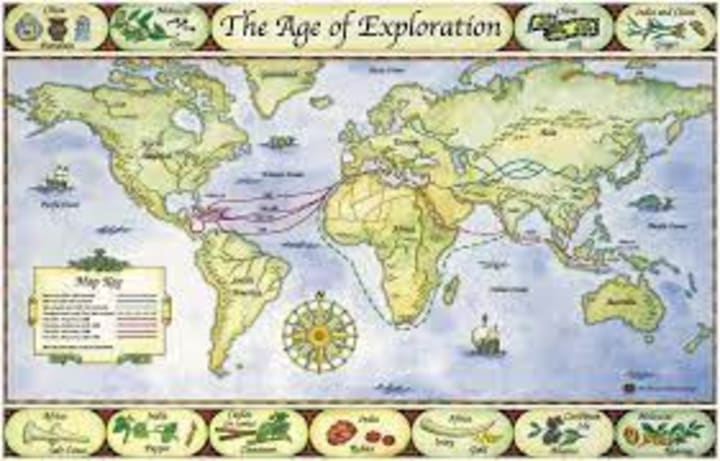
In search of a western route to Asia, English explorers, led by John Cabot and his son Sebastian Cabot, sailed westward in the early 16th century. They reached the coast of North America, likely Newfoundland, and laid the groundwork for future English claims in the New World.
The French also sought to expand their influence, sending Jacques Cartier to explore the St. Lawrence River and establish French claims in present-day Canada. The Dutch joined the exploration endeavors, establishing trade routes and settlements in the East Indies and the Americas.
As exploration flourished, maps began to fill with new lands and maritime routes. The geographical knowledge of the world expanded exponentially. Cartographers like Gerardus Mercator created maps that were more accurate and aided further exploration.
While exploration brought about new knowledge and connections, it also had its dark side. The encounter between the Old World and the New World led to the exchange of goods, ideas, and cultures but also to the transmission of diseases that devastated native populations. The exploitation of indigenous peoples and the transatlantic slave trade marred this era of exploration with tragedy and injustice.
The Age of Exploration also marked the collision of civilizations. The conquistadors and colonizers imposed their culture, language, and religion on native populations. The legacy of this era continues to shape the world, influencing social, economic, and political dynamics in the present.
In the midst of exploration, scientific advancements and innovations also flourished. Explorers returned with new plants, animals, and exotic goods that sparked scientific curiosity. Botanists and zoologists studied the new specimens, contributing to the advancement of knowledge in natural sciences.
The Age of Exploration was not only about expanding territories and wealth; it was also a time of cultural exchange and enlightenment. Explorers, scientists, and writers documented their experiences, and the literary works of this period shaped European understanding of the wider world.

Through the Age of Exploration, a new era of globalization emerged, connecting distant lands and cultures in unprecedented ways. Trade routes stretched from Europe to Asia and the Americas, creating a web of interdependence that transformed economies and societies. Spices, silk, silver, and other goods flowed across continents, enriching merchants and kingdoms alike.
This era of discovery also challenged prevailing beliefs about the world. As new lands were explored and civilizations encountered, Europeans realized that their worldview was limited and that the Earth was much larger and more diverse than they had imagined. This realization revolutionized European thought, paving the way for further scientific inquiry and the questioning of long-held assumptions.
The Age of Exploration forever changed the course of history. It opened up new frontiers, reshaped the global balance of power, and led to cultural exchanges that enriched societies. It was an era of bravery, ambition, and discovery that sparked a profound transformation in the human understanding of the world and its vast possibilities. The spirit of exploration continues to inspire generations, reminding us that the pursuit of knowledge and understanding knows no bounds.
About the Creator
Enjoyed the story? Support the Creator.
Subscribe for free to receive all their stories in your feed. You could also pledge your support or give them a one-off tip, letting them know you appreciate their work.

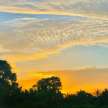


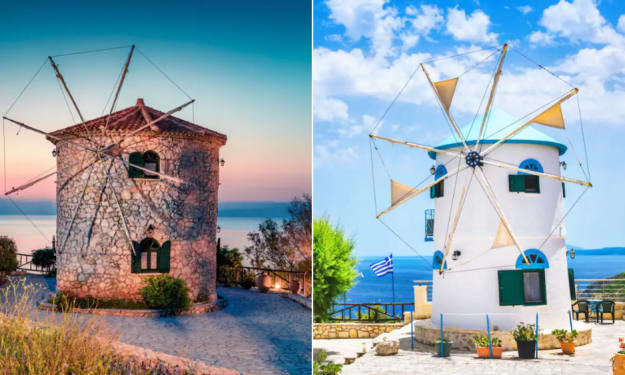
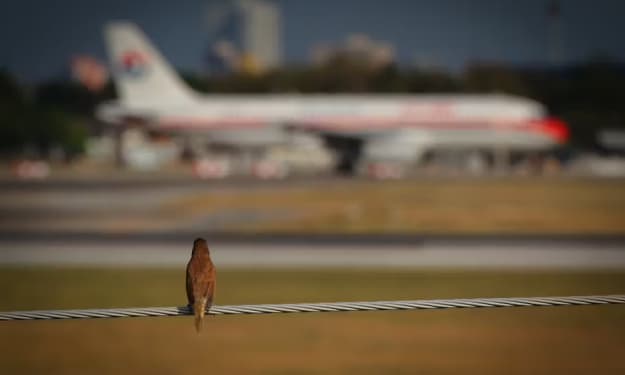
Comments
There are no comments for this story
Be the first to respond and start the conversation.